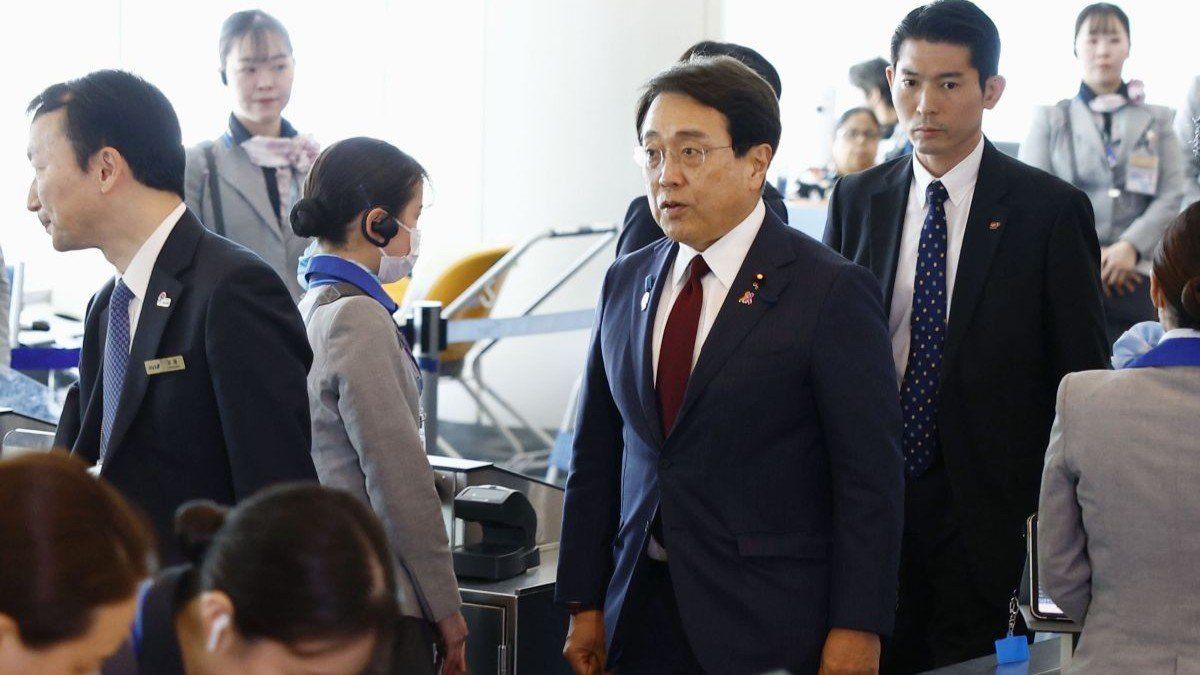As much of the world scrambles to figure out how to avoid Donald Trump’s expansive “reciprocal tariffs,” two big players are in Washington this week to try their hands at negotiating with the self-styled Deal Artist™ himself.
First, Japan. For decades, the world’s fourth-largest economy has run a big trade surplus with the US while also benefiting from American military protection. Trump has been upset about this arrangement for 40 years, and Japan’s import restrictions on US cars and agricultural goods are a particular focus for him. His 25% global tariff on car and steel imports will hit Japan hard, as will the overall 24% “reciprocal” levy against Tokyo that is slated to go into effect in July.
But Japan is also a top foreign investor in the US economy and a key East Asian ally amid Trump’s deepening confrontation with China. Japan’s Economic Revitalization Minister Ryosei Akazawa is looking to reduce tariffs to zero. Observers have already called his case a “guinea pig” for how countries with long-standing ties to the US can work deals with the America First president.
Late on Wednesday, Trump hailed “big progress” in the talks, which he attended personally, but neither he nor Akazawa gave further details. The two sides will meet again later this month.
Second, Italy. Prime Minister Giorgia Meloni, who visits the White House on Thursday, is a pragmatic right-winger whom the US president has described as a “fantastic woman.” She shares Trump’s hardline views on immigration and social issues, and even defended US Vice President JD Vance’s recent blistering attack on the EU’s approach to free speech.
But Meloni also leads a highly export-dependent economy that runs a $40bn surplus with the US. Trump’s “reciprocal tariffs” of 20% on the EU could therefore be a 🤌catastrophe🤌 for Italy.
The EU is warily watching. Can Meloni parlay her good graces with Trump into a deal that avoids a wider transatlantic trade war? Or will her solo visit enable the US president to weaken the overall unity of the bloc?
